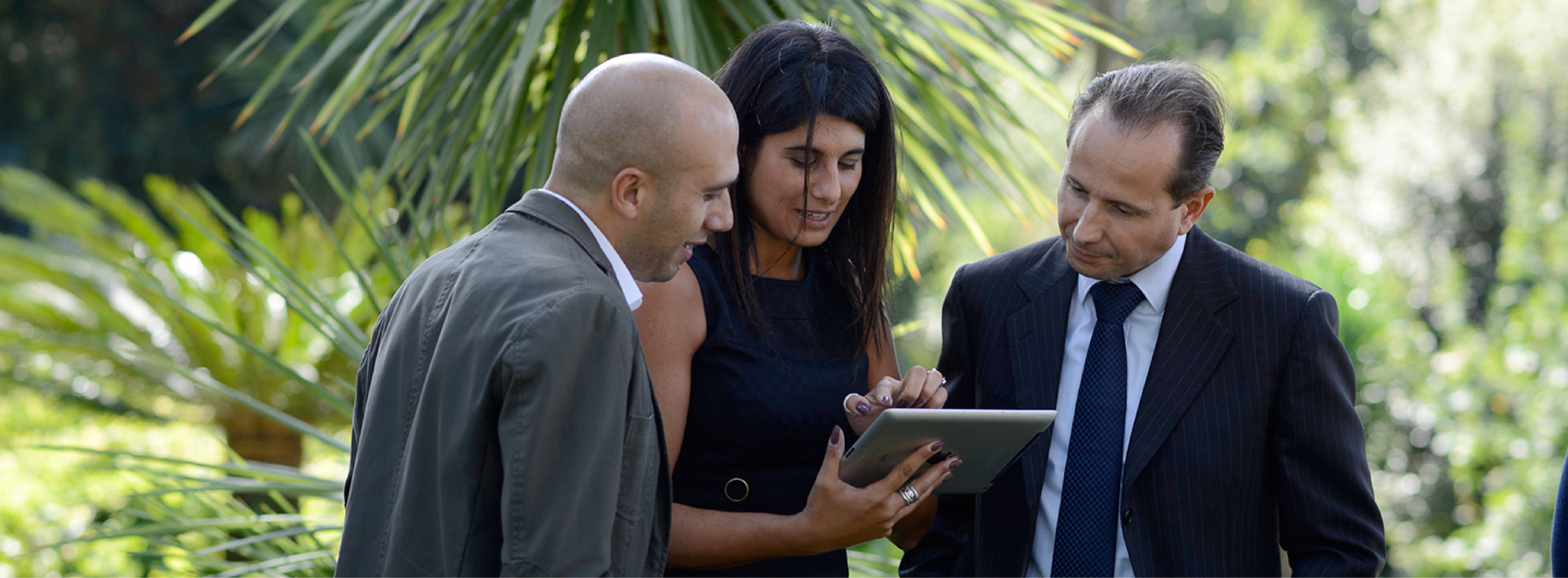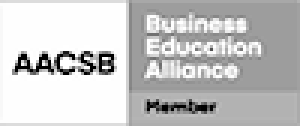The American alumna chose Luiss Business School’s Big Data and Management master. Now she has become a People Data Analytics & Admin Manager at Senti Biosciences, and recommend this experience as «the best challenge of my life»
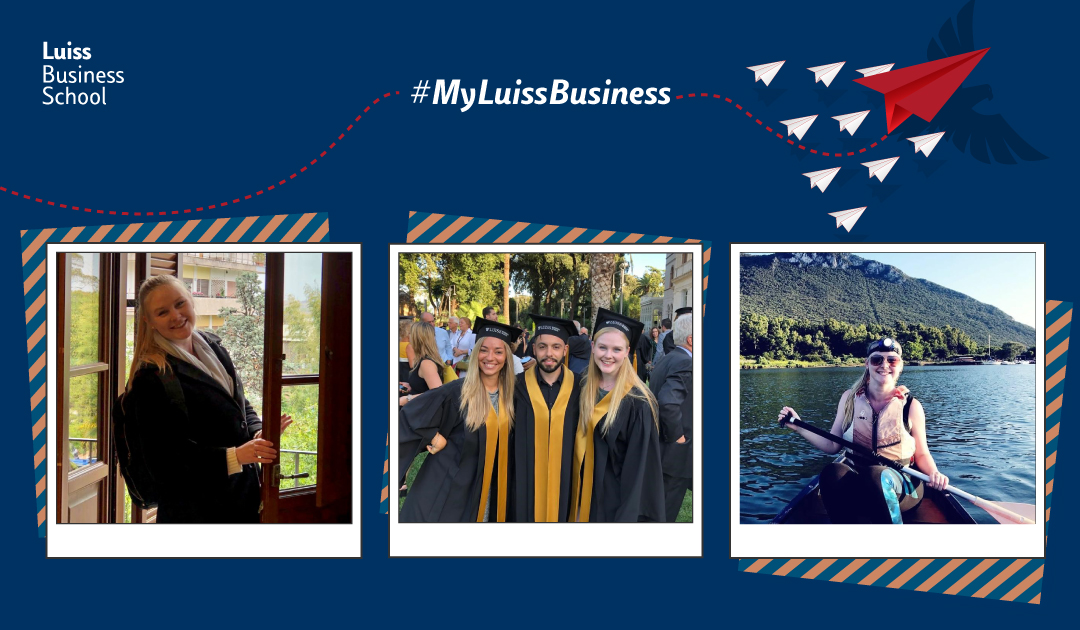
Thinking about the master in Big Data and Management at Luiss Business School, Michaela Nelson has just one regret: having not learnt Italian first. Now she is People Data Analytics & Admin Manager at Senti Biosciences and says, «data are everywhere», so it’s more and more important having a background in this field also to catch all the opportunities behind data. But Statistic is not just about numbers and technology: it’s about people. In Rome, at Villa Blanc, Michaela learned how to lead people and to be more confident.
Michaela Nelson, why did you choose a master in Big Data and Management from Luiss Business School?
I studied in California, and I knew I wanted to do an international career. Since I wanted to work in Business Analytics and Data Science, the best way to reach my goal was to choose an international school. So, I look abroad at a couple of other schools in different countries, and I saw that Luiss Business School has a very comprehensive programme, they had all the classes I needed and that they were taught by professor and business people who were coming and share their knowledge. All of this would really start me off on my international career.
Which are the benefits of the program offered by Luiss Business School you experienced?
I was in the fourth year of that master, so they were still developing the programme. When they had professors came in, they were teaching from their real place of business. We were getting a selection of people from very different industries who came in to teach us how to use skills in very multi versatile way. So, one of the biggest strengths that Luiss Business School has is that it can get people and professors from different backgrounds to come and teach how to be the most well-rounded students they can be.
Which have been the best moments of your master in Luiss Business School?
The first day that I showed up at Villa Blac, I was very nervous. I was learnt I was the only non-Italian in the programme, and I was very concerned that people would not like me. I couldn’t be more wrong: I was welcomed so warmly in the programme since the first day! I did a couple of projects with the same group of students, who became some of my best friends. Because I’m not Italian, they wanted to teach me everything!
What did they teach you?
We ended up doing a project once from the home of one of the other students and well, while we were there, they taught me how to do Carbonara and we had that kind of cultural exchange while we were learning together and that was important to me.
What about the courses you attended: which one was important to you?
I have a Statistic background. So, from a technical perspective, I felt like I’ve learnt the most out of some of the programs in classes, like the Machine Learning one that was very challenging for me. It was one of the classes I’ve never taken before and it was an excellent next step in my learning, taught by Professor Ragusa. He really pushed us to challenge ourselves. I checked them during my internship and then, coming to the real world, I now use of those methods and knowledge in my current work. I’m grateful for that course.
How did you work on soft skill during your master?
Luiss Business School had some soft skill workshops. Those were very interesting because sometimes we got to do this with other masters as well, so we got to meet new people. I think that outside those workshop Luiss Business School has teached to all its students how to be self-sufficient and how to work in teams. We were eleven in class and from the beginning to end I felt like I had a team. Now, being a part of this real career world, I know how to chat with people of different backgrounds: we can learn how to work together, how everybody has different strengths and that together we can make very successful projects. So soft skills like collaboration and cooperation are incredibly important.
So, you have participated on a project work during your master? Could you please tell us about this experience? How did it change or influence your career?
Working with other students in Luiss Business School was much more collaborative than I’ve ever experienced before. We were split in group between 3 or 5 students to work on a project together. We were organized in finding who was good at which part of the project, how we could help each other learn. I spent several nights in campus with my teammates, using the white blackboards, sharing screens, writing down ideas. Now that I come back to United States, I’m in my office and when my manager come to give me a project, I say «Well, I need these three people on my team, and this is how they’re going to work». I feel I can be a leader because I’ve been in a place where someone has shown me how to lead and how to bring people of different backgrounds together.
You studied Statistic: what did the master add to your knowledge of this field?
It was an application-based programme. Statistic is incredibly versatile just as an area of study. To make a career out of it, I wanted to learn how to make it in to practice in the best way. We did study some technical classes, but then learning from professionals who use these skills in their everyday lives helped me shape what I wanted to do form my career path. So, I know now that I want to be a statistical consultant, I want to work in different fields so that I get to work on projects in different industries. Professors showed me how versatile these skills really are and how much of an impact I can have on any business using my skills.
What are the most important memories of your internship in Iconsulting in Rome, after your master? Was the internship research step easy or difficult? Did Luiss Business School help you find it?
Getting in there was not very simple for me only because I didn’t speak fluently Italian: there were many internship options available. The Prof. Venturini, my Marketing and Analytics teacher, said: «Hey, actually we could use an English speaker». Until now, it was one of my best professional experience of my life. I think it was the best introduction to work life. I’ve made some great friends. I’ve got to learn a new software from the very beginning: it was very interesting to me. I felt very successful for the whole way.
Since you are from Us, having the internship in Rome represented a plus from a professional point of view in your career?
Definitely, I came out my whole my experience in Italy thinking I can do everything. I went to Rome with knowing nothing and no one, none the language. I was completely unprepared. It was the best challenge of my entire life. So, when I came back to the United States, people say «Wow, you studied in Rome! That’s interesting». I think I can take every challenge now.
You are a People Data Analytics & Admin Manager at Senti Biosciences: how do you use your master experience, hard and soft skills, in your job?
From a technical perspective, my job at Senti Biosciences I use data analytics to monitor the company culture and how employees are doing. The point of my job is monitoring the activities to grow in the right direction. From a soft skill perspective, I work with people, in a place where people are happy to be. It’is not just computer. This job offers me a chance to work with people in very two different ways: once I have the data, I go in there and ask, «what is the best way to solve this issue?» or «how can we make this aspect of the company better?». Having been with Luiss Business School I feel very comfortable in making questions. I want to communicate better. Senti Biosciences is a start-up, so, I just don’t work one job.
How Big Data will reshape our lives and why it is important to improve knowledge in this field?
Data is everywhere. It happens when you don’t even understand it is happening. It’s learning something about us all the time. It may be scary, but it offers a lot of opportunities. The possibilities are truly endless. Our skills as data scientists are applicable in every industry: it’s imperative for future students to take data classes and statistic classes so we can all be part of a growing digital system. For everybody to be included in a more growing technical world, we must have a technical legacy throughout the population.
As an American woman, what do you think about gender gap in Italian workspace, especially in Stem fields? What we need to do to create a more equal scenario?
Just based on my classes anagraphic, there were 3 girls and 8 boys. So, from a learning space, there is a gender gap. In my internship there were more men than women. I think the offering this master and the internship is very important. One of the reasons I wanted to go so badly to Luiss Business School was that graduating from my class in the US was incredibly difficult to get a job right out the college because I was a woman and because she doesn’t have so much experience. Going to Luiss Business School and having the perfect curriculum, as well as a whole section of the program that was devoted to work experience – there wasn’t nothing more valuable to me than helping a young person, a woman, to enter the real workspace. Advertising this program to undergraduate students, specifically women, is going to be very important to not get lost in the idea that Big Data seems too much technical. People would be very surprised to find out the places the master could take them.
Let’s give a piece of advice to future students and to those who are evaluating the decision of enrolling in a master at the Luiss Business School.
If you are nervous about the decision to go, don’t be: you will have a wonderful time! Something that would be very useful before is to learn a little bit of Italian first or at least studying a little bit before you go! Going to Luiss Business School is a real privilege: it’s a beautiful school with very dedicated professor, that are there for you, to let you learn what you want to learn. Ask your questions, talk to the professors because their resources are there for you. I’m so lucky that I have this opportunity. So go for it, use everything you have and enjoy every second: it was truly the best academic experience of my life.
1/13/2022
